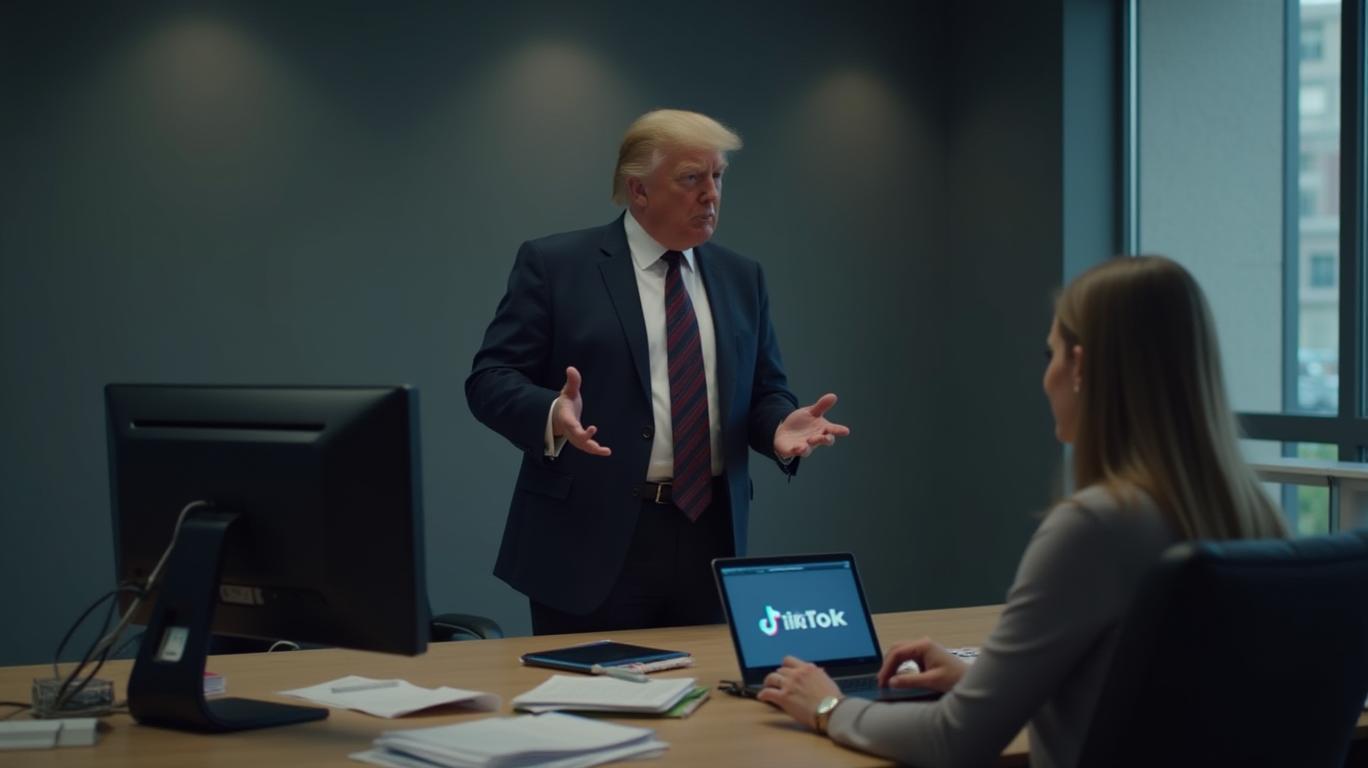Trump Extends TikTok Ban Deadline 75 Days Amid Ongoing Negotiations
On April 4, 2024, U.S. President Donald Trump announced a 75-day extension to the deadline for TikTok's "sell or be banned" law. This decision came after failed negotiations between ByteDance, the parent company of TikTok, and the U.S. government. The initial deadline, set by Joe Biden in April 2024, required ByteDance to sell TikTok to a non-Chinese entity within 270 days, or face a ban in the U.S. starting January 19, 2025.
ByteDance issued a statement acknowledging the extension but emphasized that no agreement had been reached with the U.S. government. The company highlighted ongoing discussions and significant disagreements on key issues. According to Chinese law, any agreement must undergo relevant review procedures. This extension marks the second time Trump has delayed the enforcement of the ban, the first being on January 20, 2024, when he signed an executive order temporarily suspending the law for 75 days. During this period, the U.S. Department of Justice was prohibited from taking any enforcement actions or penalizing entities that did not comply with the law.
The U.S. government's stance on TikTok has been driven by national security concerns, particularly regarding data privacy and potential influence operations. The platform, which has gained immense popularity among American users, has been under scrutiny for its Chinese ownership and the potential for data to be accessed by the Chinese government. The U.S. government has demanded that TikTok's U.S. operations be sold to an American company to mitigate these risks.
ByteDance has consistently maintained that it operates TikTok independently and that user data is stored in the U.S. with stringent security measures in place. The company has also proposed various solutions, including partnerships with U.S. tech giants and establishing a U.S.-based data security board, to address these concerns. However, these efforts have not yet satisfied the U.S. government's demands.
The extension provides ByteDance with additional time to negotiate a resolution with the U.S. government. However, the ongoing disagreements and the complexity of the issues at hand suggest that reaching a mutually acceptable agreement may still be challenging. The outcome of these negotiations will have significant implications for TikTok's future in the U.S. and for the broader relationship between the U.S. and China on technology and data security issues.

Stay ahead with real-time Wall Street scoops.
Latest Articles
Stay ahead of the market.
Get curated U.S. market news, insights and key dates delivered to your inbox.



Comments
No comments yet